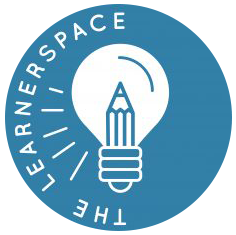In what is a classic example of unwitting self-deprecation by the education industry as a whole, we often refer to the blend of online and face-to-face learning as a hybrid model of schooling, without realizing that the very word undermines our efforts at providing our students and families with a compelling and exciting narrative for the future of education.
As we, hopefully, go back to the future and not to the past, and capitalize on the accelerated evolution brought forth by the pandemic, we need to move away from arcane and forced re-adaptations of long extinct models of learning. A hybrid model bespeaks of lack of identity and, most importantly, in following the organic model, of sterility, since many hybrid species cannot produce any offspring.
What is this new evolved species for education? We can start by attempting to define its DNA, and, if anything, this period of forced innovation allowed us to eliminate many false educational dogmas to focus on what is essential and unique for the new model:
– Student-centered, autonomous and independent learning.
– Intrinsic motivation for engagement.
– Assessment to inform the learning.
– Hands-on learning through projects and problem solving, connections with real life.
– Collaborative and open.
– Dynamic, self-actualized and interacting with the real world.
– Emphasis on wellness, a healthy sense of self and a growth mindset.
Explicitly absent from this DNA mapping exercise are specific contents, which, at most, provide an environment and fitness traits to ensure survival and continuous evolution, and, most notably, technology, which, by now, we should have realized is a means and not an end towards learning and global networking. If anything, following the evolution metaphor, technology can provide a mechanism for successful replication and virality.
Being realistic, our role is to identify critical points within the system, those that can yield maximum impact, in order to accelerate evolution towards this new species. This entails, at each individual school, finding spaces within what is an otherwise mostly rigid system to try to develop and implement specific initiatives that can capture stakeholders´ imagination and act as a multiplier effect. Like in real life, genetics are important but the context is essential in how we develop, and nobody knows better than educators themselves what works best at each school and community.
In immediate terms, as we immerse ourselves in the definitive uncertainty of the future world, our challenge is to transcend the pandemic and not focus so much on whether we are online or face-to-face, but rather develop a model for each school that can be delivered almost regardless of the medium. In doing so, we will not only convey a badly needed message of confidence towards our students and families, but also making true on the vastly understated premise of learning for life that should underpin everything we do.
WRITTEN BY

